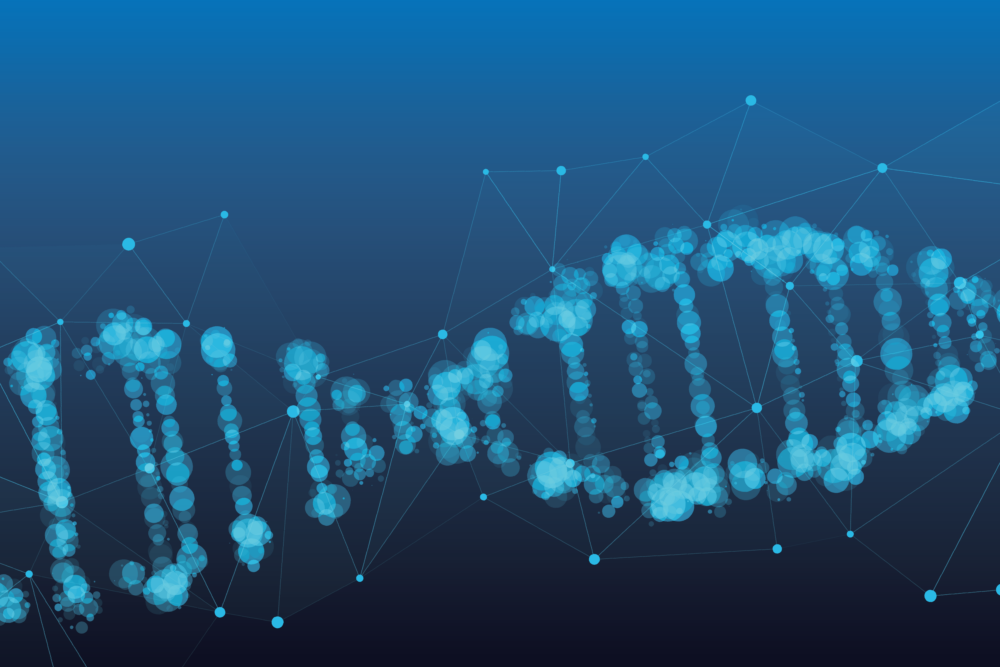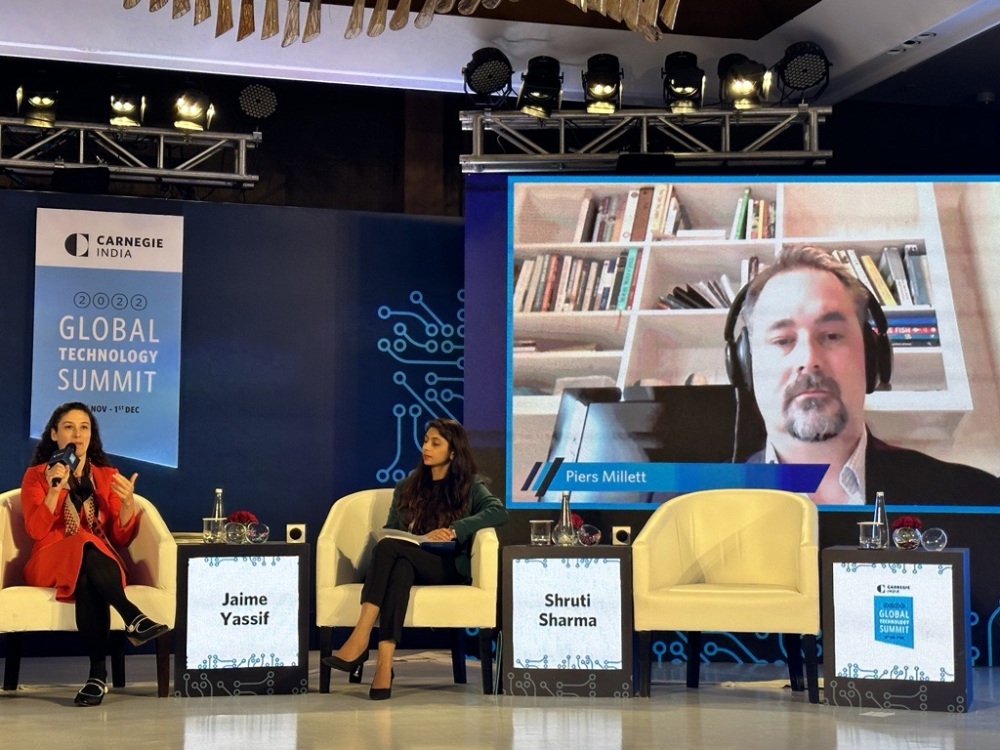NTI Co-chair and CEO Ernest J.
Moniz called on global leaders at last week’s 50th World
Economic Forum (WEF) meeting in Davos, to work urgently to reduce biological
risks associated with advances in technology. His call followed the release by
NTI and WEF of a new co-authored report, Biosecurity Innovation and Risk Reduction: A Global
Framework for Accessible, Safe and Secure DNA Synthesis.
Widely
accessible biotechnologies, such as gene editing and synthesis, have made it
easier, cheaper, and faster to create dangerous agents. Safety and security
measures have not kept pace, leaving countries unprepared to identify emerging
technology risks and prevent the deliberate and accidental release of potentially
pandemic agents. At WEF 2020, NTI asked public and private
sector leaders to develop an international approach to prevent the illicit
synthesis of dangerous biological agents and launch a global normative entity
to identify and reduce biotechnology-related risks. Moniz joined Jason Kelly,
the CEO of synthetic biology company Ginkgo Bioworks, in an open session to
discuss the future for safe and secure biotechnology. The
session highlighted the growing gap between
technological innovation and the ability of governments provide effective
oversight, forcing the technical community to govern itself and creating an
uneven patchwork of security and safety practices around the world.
In advance of the Davos meetings, the NTI-WEF
report was endorsed by an international expert working
group developed under the umbrella of NTI’s Biosecurity Innovation and Risk Reduction
Initiative, a global partnership of technical leaders and
policymakers dedicated to reducing biotechnology-related risks and maximizing
biosecurity-by-design. A key objective of NTI’s participation at Davos was to
educate private sector partners, decision-makers, and policymakers about
biotechnology risks and to urge adoption of the recommendations outlined in the report.
First, the new NTI-WEF report recommends the
development of a common mechanism for screening DNA orders. In 2018 researchers
published work detailing the synthesis of horsepox virus, an extinct virus related to smallpox, using
synthetic DNA fragments purchased from a commercial provider. This demonstrated
the potential for creating other viruses via commercially available
technologies. Although many DNA providers do screen orders for the creation of some
dangerous agents, current practices are voluntary and becoming a more expensive
fraction of total business costs. In addition, a new generation of benchtop DNA
synthesis machines is expected to come online in the next two-three years without
guidance or norms to prevent misuse.
Second, the NTI-WEF report calls for a larger
system of common global life-science norms overseen by a globally recognized
entity – with the goal of preventing biotechnology disasters and fueling safe
and secure technology development. Biotechnologies are rapidly evolving and will
be important for achieving global goals to advance health security and
sustainable development. Simultaneously, it is important to safely and securely
develop new lie sciences technologies to prevent disasters that could set back
these same goals. While the World Health Organization and the UN Office of
Disarmament both have roles to play in governing the use of biology, there is currently
no dedicated normative group in the United Nations system with the clear
mission of identifying and providing guidance on emerging biotechnologies that
could cause catastrophic risk when deliberately or accidentally misused. There is also no global consensus on how to
create incentives in the academic, private, governmental, and philanthropic
sectors to build biosecurity into the design of emerging biotechnologies.
Going
forward, NTI and WEF plan to convene policymakers and technical experts to
kick-start the implementation of the recommendations, with the goal of
substantial progress before next year’s annual meeting in Davos.




